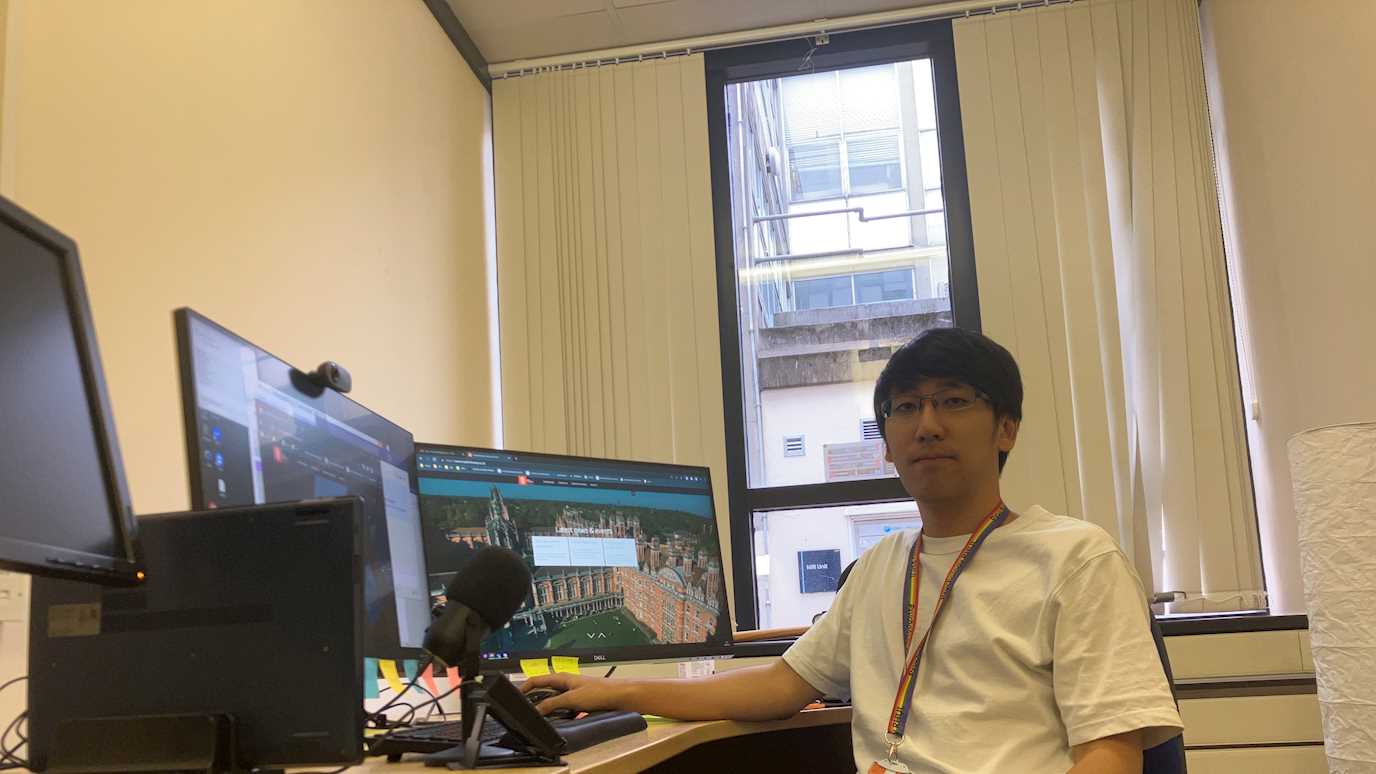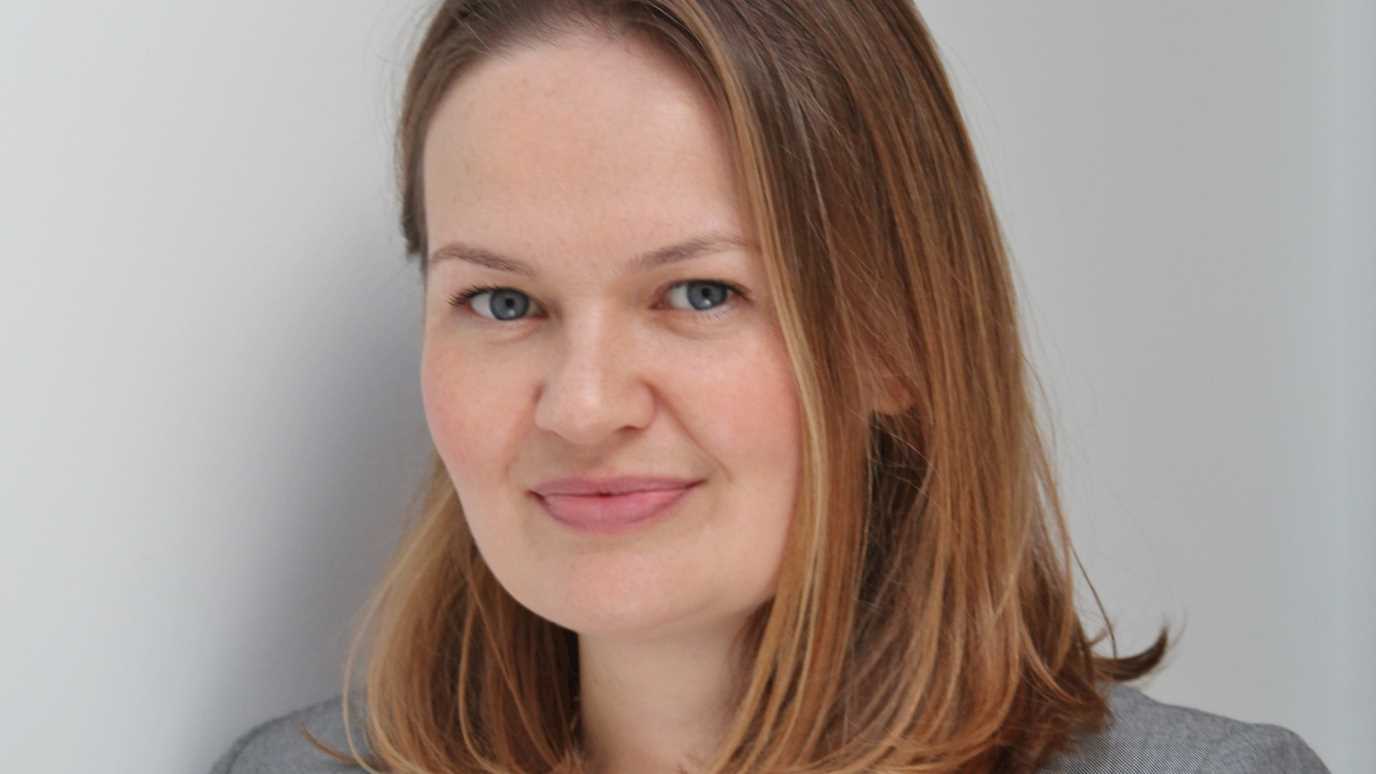Research from Royal Holloway has evaluated the effectiveness of restorative justice (RJ) in reducing symptoms of post-traumatic stress disorder (PTSD) in victims and has concluded more evidence is needed to suggest RJ helps reduce PTSD in victims.

The research was led by Alex Lloyd, PhD student from the Department of Psychology at Royal Holloway University and former senior lecturer, Dr Jo Borrill, from the University of Westminster.
Compared to the general population, victims of crime are significantly more likely to have PTSD. Restorative justice, which is used in the criminal justice system (for both juvenile and adult offenders) and psychiatric hospitals, is an approach where victims get the chance to meet or communicate with their offender and is thought to help victims move forward and recover from the crime.
However, restorative justice, which emerged in the 1970s as an alternative approach to criminal sentencing, can also harm. By bringing the past back and actually meeting the perpetrator face-to-face, some victims have been left with higher levels of post-traumatic stress than before.
The research was conducted by searching relevant databases to identify quantitative studies measuring post-traumatic symptoms in victims of crime who successfully completed either a restorative justice or customary justice intervention.
A total of seven studies were identified examining one or more facet of post-traumatic symptomology.
These studies provide modest support that restorative justice did produce a greater improvement on post-traumatic symptoms than customary justice procedures, but this was only consistently evidenced for symptoms of avoidance and intrusion, whereas there were mixed findings with regards to the subscales of negative alterations in mood and cognition, and arousal and reactivity.
Alex Lloyd from Royal Holloway, said: “Restorative justice is a great idea and can help some victims, but there needs to be a lot more research into which individuals or groups this process works for. A lot has changed since it started in the 1970s, including the types of crime.
“The purpose of our review was to evaluate the effectiveness of restorative justice in reducing symptoms of post-traumatic stress that develop following victimisation and we found there is a real need to see if the actual process of restorative justice for some crimes, such as more violent acts, actually helps or harms victims who are already suffering from post-traumatic stress.
“It is certainly not a one-size-fits-all method, and can have some serious consequences if not looked into appropriately.”
























